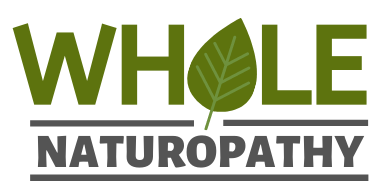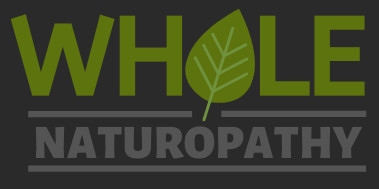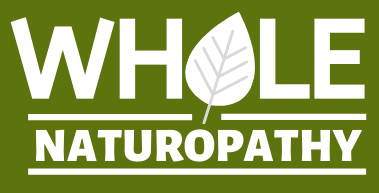
Springtime allergies
I do like Spring, it brings the promise of warmer weather. I particularly like wattle, the way it blooms well before the weather has begun to warm, like a promise that winter won’t last forever.
But for many of us, springtime has a unique set of problems: hayfever and allergies.
Symptoms obviously depend on what allergens your body is sensitive to, and the degree of sensitivity will determine the severity of your symptoms. Those with asthma or eczema in their family often have increased genetic sensitivity.
What’s going on?
An allergen enters the body and triggers an immune response to defend against the allergen. Mast cells (part of the immune response) release histamine which causes inflammation, usually in the nose, throat or skin.
What’s going wrong?
In someone without allergies, histamine is easily cleared from the body by enzymes called diamine oxidase (DAO) and histamine N-methyltransferase (HNMT). However, if these enzymes are impaired, the histamine can cause a range of allergic responses. Your body needs vitamin B6 and vitamin C to produce DAO. Be sure your diet includes oily fish, green leafy vegetables, and citrus fruits to provide these nutrients.
Digestive issues such as small intestinal bacterial overgrowth (SIBO) can also cause problems, as some strains of unhealthy gut bacteria produce histamine. This can be alleviated by specific probiotics. See a naturopath or nutritionist for the right strains of probiotic, as some strains can exacerbate SIBO symptoms.
What to do?
Whilst fermented foods have great health benefits, they are high in histamine and should be avoided in times of allergy. Slowly defrosted frozen foods are also high in histamine. Sulphites used as a preservative in some alcoholic beverages and in brightly coloured dried fruit, can also trigger an allergic reaction.
Prevention
If you’re susceptible to springtime allergies, the following nutrients can be taken in the lead up to and during Spring to help with histamine clearance and strengthening the immune system:
- vitamin B6 & B12
- vitamin C
- vitamin D
- quercetin
- omega-3 fatty acids (found in oily fish)
- bromelain (an enzyme from pineapple)
Herbs such as Echinacea can also be used to regulate the immune system.
If you suffer from a blocked or runny nose, slow breathing exercises can also help. Sit up straight and inhale through your nose for 3 counts. If possible, hold for a few counts, then slowly exhale through the nose for 5 counts. Do this for 15 minutes without talking and adjust the length of the count to what feels comfortable.
If you need further support with allergies, we have some great products to help you.




